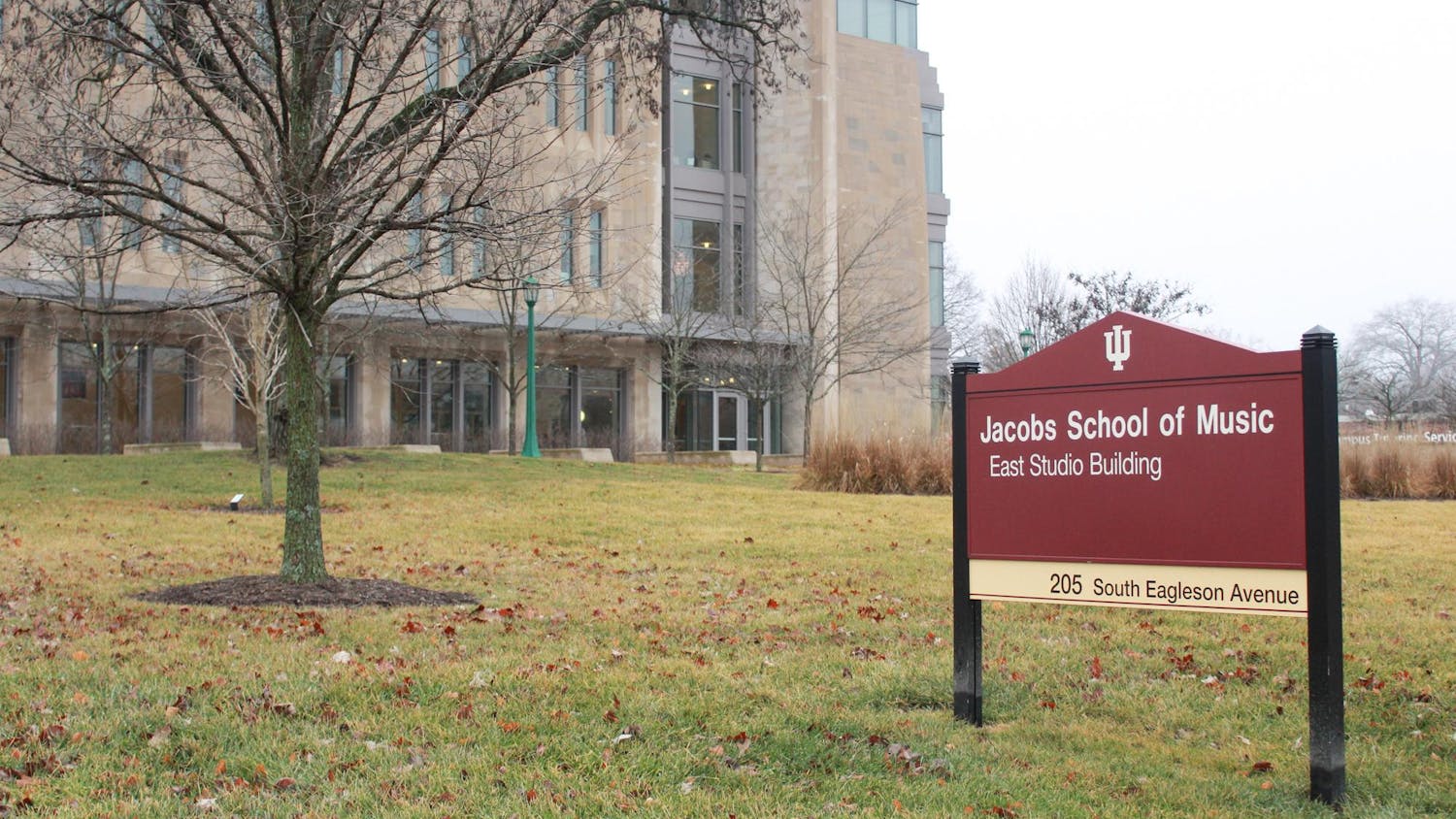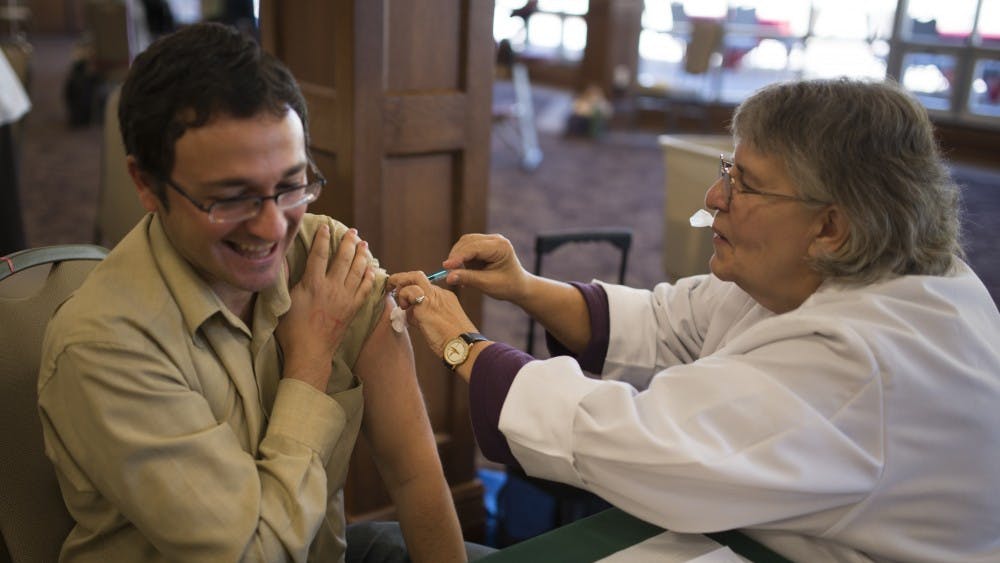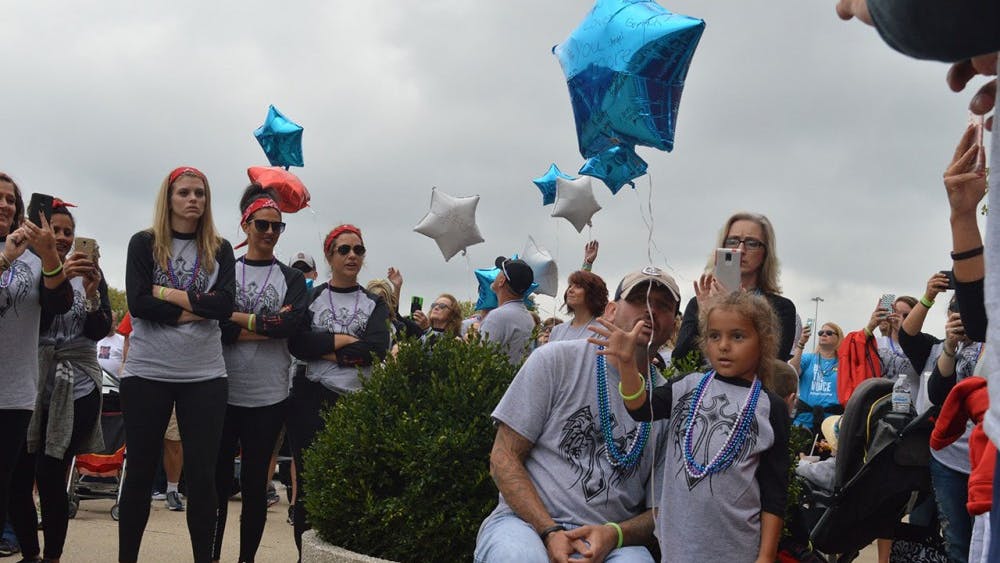LYON, France -- Doctors in France said they performed the world's first partial face transplant, forging into a risky medical frontier with their operation on a woman disfigured by a dog bite.\nThe 38-year-old woman, who wants to remain anonymous, had a nose, lips and chin grafted onto her face from a brain-dead donor whose family gave consent. \nThe surgery drew both praise and sobering warnings over its potential risks and ethical and psychological ramifications. If successful -- something that may not be known for months or even years -- the procedure offers hope to people horribly disfigured by burns, accidents or other tragedies.\nScientists around the world are working to perfect techniques involved in transplanting faces. Today's best treatments leave many people with facial disfigurement and scar tissue that doesn't look or move like natural skin.\nThe main worry for both a full face transplant and a partial effort is organ rejection, causing the skin to slough off.\nComplications also include infections that turn the new face black and require a second transplant or reconstruction with skin grafts, perhaps even one or two years later. \n
Iowa professor seeking grant for body farm
\nCEDAR FALLS, Iowa -- Iowa's rich topsoil and climate have nourished some of the nation's most plentiful corn and soybean crops. Tyler O'Brien wants to learn more about their influence on rotting corpses.\nA biological anthropology professor at the University of Northern Iowa, O'Brien envisions turning some prime Iowa pasture into a body farm, where human bodies -- buried, stuffed in car trunks or exposed to the elements -- can provide scholars and criminalists with new data on human decay.\n"This idea has strong scientific value," O'Brien said. "To answer the question of how long a body has been dead, how long a person has been missing, is critical to criminal investigations."\nO'Brien is seeking a grant of $400,000 to $500,000 from the National Institute of Justice and other organizations to obtain the land and set up the project.\nIf approved, the body farm would be just the second in the nation and closely modeled after the work pioneered by William Bass III at the University of Tennessee's Forensic Anthropology Center.\nBass believes there is a need for a second location because it is critical to study decay in different climates. The Midwest offers a flat and open landscape exposed to wind, rain, sun, snow and extreme temperature shifts. It also offers an entirely new spectrum of plants, rodents and bugs, whose life cycle can provide clues to when someone was killed or the body was dumped.





